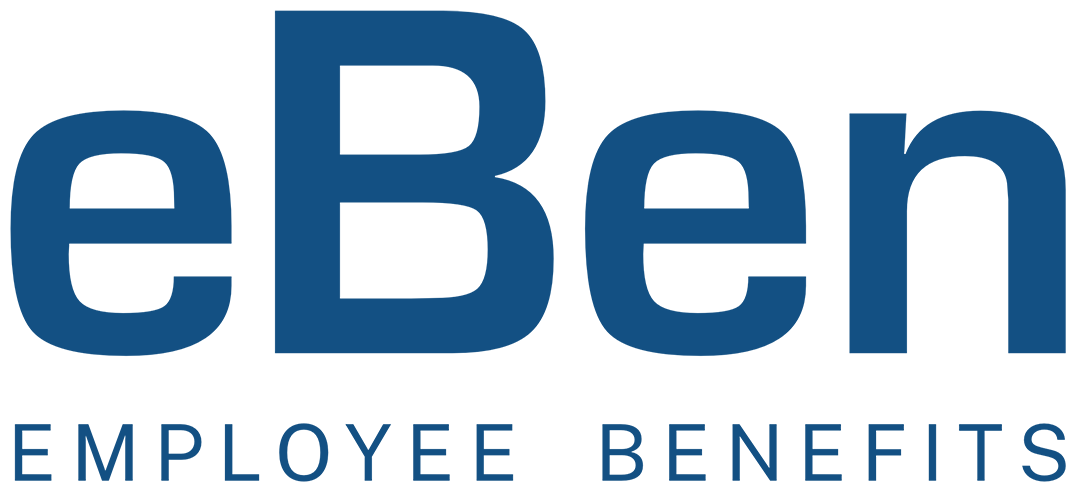The national and public health emergencies related to COVID-19 are scheduled to conclude May 11, 2023. In light of this, there are three critical areas of communication that are important for employers to understand and communicate to their employees: Benefit Changes, Medicaid disenrollment, and the end of deadline extension.
Benefit Changes
During PHE, health plans were required to provide certain services at no charge. We also saw the growth and acceptance of telehealth with limited or no cost share, and special rules related to certain practices that could be done virtually. Be ready to see these changes effective July 10.
- New limitations on prescriptions that can be written for virtual visits.
- More restrictive guidelines when writing online prescriptions for controlled medications like Adderall, OxyContin, Xanax, Klonopin.
- Health plans will no longer be required to provide benefits for COVID-19 diagnostic tests and certain items and services related to diagnostic testing for COVID-19 without cost sharing, prior authorization or medical management or provide any benefits for over-the-counter COVID-19 tests.
- No longer required to cover, without cost sharing, out-of-network “qualifying coronavirus preventive services,” such as vaccines.
High Deductible Health Plans (HDHP/HSA)
- COVID-19 Testing and Treatment. Under a 2020 IRS notice, a high-deductible health plan can offer pre-deductible coverage for COVID-19 testing and treatment without disqualifying participants from contributing to health savings accounts (HSAs). This HSA relief is not affected by the end of the PHE or the COVID-19 National Emergency. Also, under existing HSA eligibility rules, COVID-19 vaccinations are considered preventive care that would not disqualify participants from contributing.
- COVID-19 Telehealth. Under a safe harbor in the Coronavirus Aid, Relief, and Economic Security Act, health savings account (HSA)qualifying high-deductible health plans (HDHPs) can offer telehealth benefits and other remote care services to participants prior to meeting the plan’s minimum annual deductible without risking the participant’s HSA eligibility. When signed into law in December 2022, the Consolidated Appropriations Act, 2023 extended the telehealth safe harbor for plan years beginning after December 31, 2022, and before January 1, 2025.
COBRA and Special Enrollment Periods
With the end of the Public Health Emergency (PHE) on May 11th, it is important to note that the tolling period for certain deadlines will end on July 10, 2023, when the extended deadlines will revert to their standard duration. As a reminder, since 2020, an additional year was granted for specific elections to account for the challenges posed by the pandemic.
- HIPAA / CHIPRA Special Enrollment
- COBRA Notifications
- COBRA Elections
- COBRA Premium Payments
- Benefits Claims and Appeals
- External Review
These periods will revert back to their standard duration with the end of PHE.
- HIPAA / CHIPRA Special Enrollment within 30 days of change/loss.
- COBRA Notifications. When an employee or dependent experiences a qualifying life event they have 30 days from the date of that event to notify their employer. The employer to TPA has 14 days to send COBRA notice.
- COBRA Elections. COBRA Beneficiary has 60 days to elect COBRA.
- COBRA Premium Payments. COBRA Beneficiary has 45 after the 60 days to remit premium payment back to the original effective date.
- Benefits Claims and Appeals. Must be filed within 180 days of receiving denial.
- External Review. No later than 45 days after the case is submitted to the independent review committee.
Medicaid Redetermination
At the start of the pandemic, Congress enacted the Families First Coronavirus Response Act (FFCRA), which included a provision that Medicaid programs keep people continuously enrolled through the end of the COVID-19 public health emergency. Kaiser Family Foundation estimates that enrollment in Medicaid/CHIP will have grown by 23.3 million to nearly 95 million from February 2020 to the end of March 2023. KFF also estimates that between 5.3 million and 14.2 million people will lose Medicaid coverage during the 12-month unwinding period.
With the restart of Medicaid recertifications, some employees who are currently covered under Medicaid or CHIP may be disenrolled if they are no longer eligible and may become uninsured as soon as April 1, 2023 (both will be mostly in the months through September 30) and may need to join their employer’s health plan.
What Employers should do.
- Support their employees by educating them on this change.
- Offer a special enrollment period for those losing coverage.
- Individuals who lose coverage through Medicaid or CHIP on or after March 31st must be allowed to enroll in plans until September 8, 2023, which is 60 days after the end of the outbreak period.
Many states are unwinding this continuous enrollment while other state agencies have not terminated coverage for any beneficiary covered at any time on or after March 18, 2020. The DOL has produced a flyer that will assist employers in providing information about these options. https://www.dol.gov/sites/dolgov/files/ebsa/about-ebsa/our-activities/resource-center/publications/losing-medicaid-or-chip-flyer.pdf
The US Department of Labor, US Department of Health and Human Services, and the US Department of the Treasury has issued frequently asked questions (FAQ) which includes details on COVID-19 diagnostic testing, coverage of vaccines, and extended deadlines for COBRA, special enrollments, and group health plan claims and appeals. FAQ Guidance
Be Ready. Our team is here to help and assist during these challenging times. Throughout the COVID-19 pandemic we have seen a significant increase in mental health concerns, and we recognize that this period of transition may create additional stress for employees. Employers should provide education and resources for their teams, including information about the special enrollment period that extends to the end of the redetermination period, which allows employees to sign up for Marketplace coverage, benefit changes, and other special enrollment periods.


